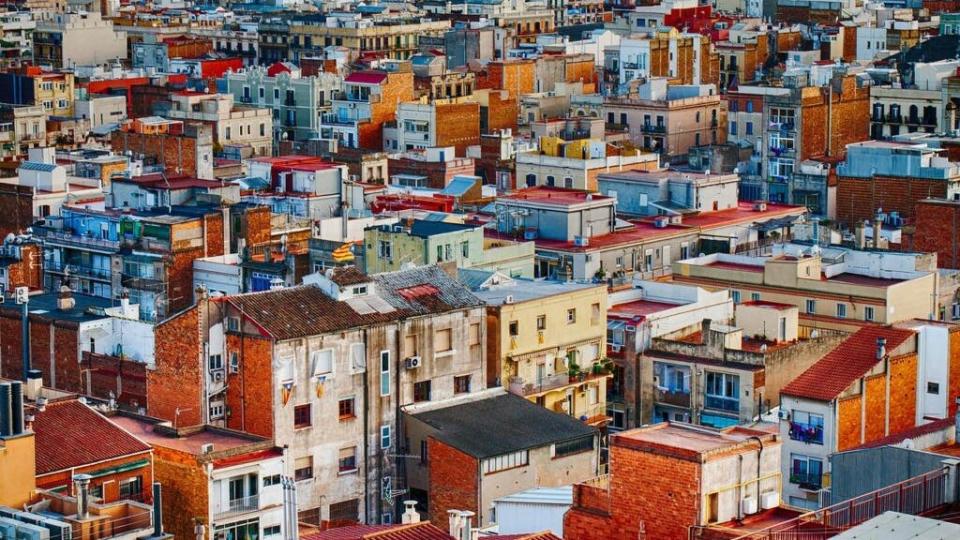Housing Market Stuck Until 2026? Economists Reveal Surprising Reasons

According to Wall Street economists, the U.S. housing market will not significantly improve until at least 2026, and home affordability is unlikely to increase without a recession.
Bank of America economists Michael Gapen and Jeseo Park attribute their pessimistic outlook to a "one-time shift" in demand during the pandemic.
Don't Miss:
Will the surge continue or decline on real estate prices? People are finding out about risk-free real estate investing with just $100
Warren Buffett once said, "If you don't find a way to make money while you sleep, you will work until you die." These high-yield real estate notes that pay 7.5% – 9% make earning passive income easier than ever.
Miami is expected to take New York's place as the U.S. Financial Capital. Here's how you can invest in the city before that happens.
In a report last week, they wrote that "after a surge in housing during the pandemic, it has since retreated and stabilized. We view the forces that have reduced affordability, created a lock-in effect for homeowners, and limited housing activity as remaining in place through our forecast horizon."
During the pandemic in 2020 and 2021, buyers inundated the housing market to take advantage of low mortgage rates, leading to a spike in sales. However, in 2022, inflation drove interest rates up to 8%, the highest level since the early 1980s.
Homeowners who secured ultralow mortgage rates during the pandemic are reluctant to sell their homes and face significantly higher interest payments if they were to buy again at today's rates. This hesitation has severely constrained the supply of homes on the market.
Economists anticipate the lock-in effect will last six to eight years due to the wide difference between current mortgage rates and the rates many homeowners secured when rates were low.
Trending: This Jeff Bezos-backed startup will allow you to become a landlord in just 10 minutes, and you only need $100.
"The wide gap between current mortgage rates and effective mortgage rates means most homeowners are unwilling to move unless forced," the report states. "Moreover, we do not expect current mortgage rates to fall much even if the Fed cuts rates as we anticipate."
Re/Max Co-Founder Dave Liniger expressed concern about people’s inability to move into larger homes because of unfavorable mortgage interest rates.
"The move-up market does not exist," Liniger said. "Starter homes have doubled in value, but owners cannot leverage their existing mortgage rates to upgrade."
Bank of America expects home prices will increase by 4.5% this year and another 5% in 2025. A modest decline of 0.5% is anticipated in 2026. Flat new home construction is expected to exacerbate the supply-demand imbalance. The economists noted that affordability isn't likely to improve unless a recession exists.
"The U.S. housing market is stuck, and we are not convinced it will become unstuck anytime soon," Gapen and Park wrote.
Read Next:
Elon Musk’s secret mansion in Austin revealed through court filings. Here’s how to invest in the city’s growth before prices go back up.
Gen Z and Millennial millionaires couldn't care less for stocks and bonds — Here's what they're buying instead.
"ACTIVE INVESTORS' SECRET WEAPON" Supercharge Your Stock Market Game with the #1 "news & everything else" trading tool: Benzinga Pro - Click here to start Your 14-Day Trial Now!
Get the latest stock analysis from Benzinga?
This article Housing Market Stuck Until 2026? Economists Reveal Surprising Reasons originally appeared on Benzinga.com
© 2024 Benzinga.com. Benzinga does not provide investment advice. All rights reserved.

 Yahoo Finance
Yahoo Finance 